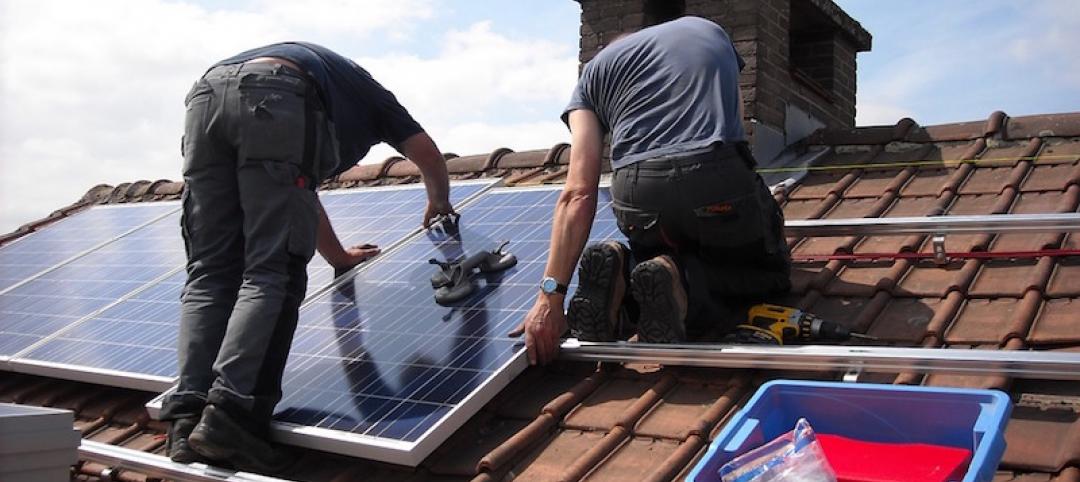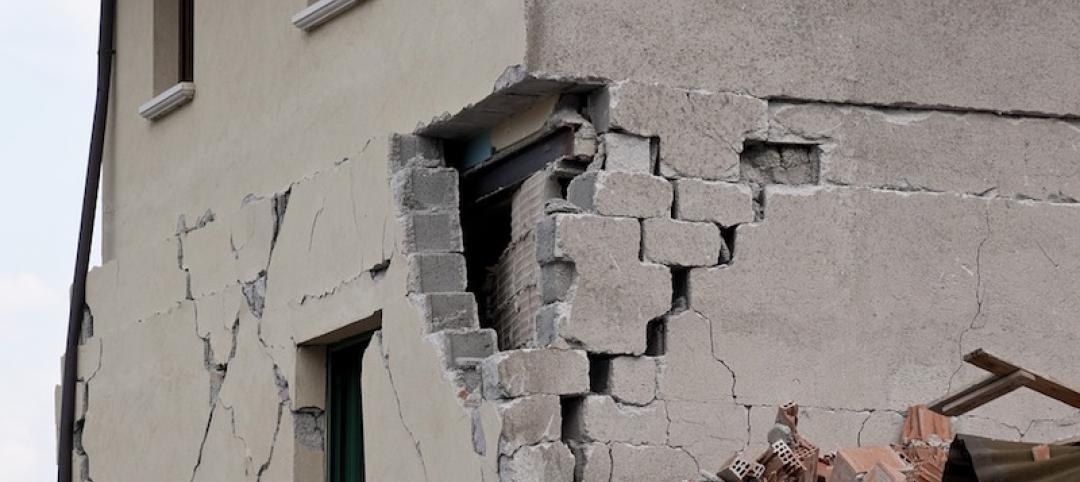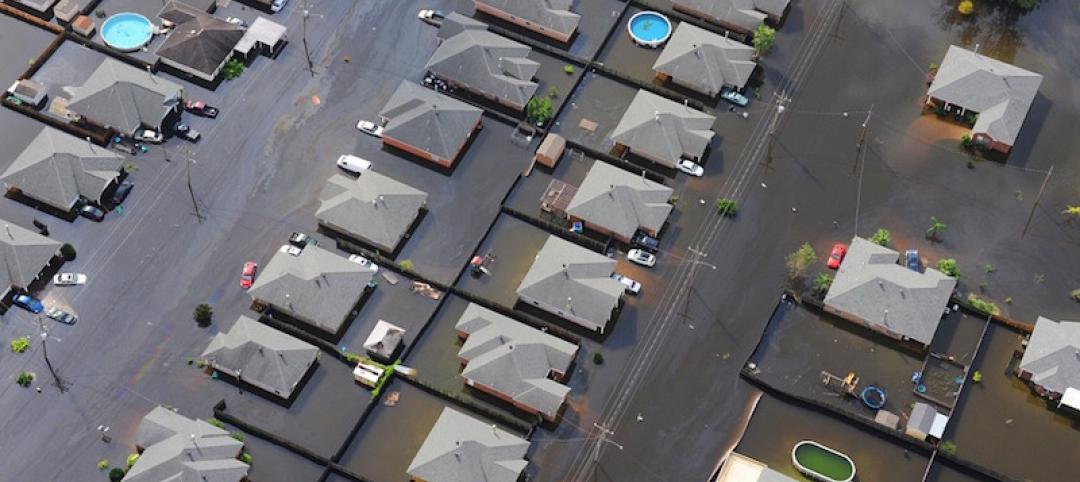The 2021 Hospital Energy and Water Benchmarking Survey by Grumman|Butkus Associates found that U.S. hospitals’ use of fossil fuels is declining since the inception of the annual survey 25 years ago, but electricity use is dipping more slowly.
The average combined Btu/ft2 (electricity plus gas/steam) for participating facilities was 236,743 in this year’s survey, up from 233,491 in 2019. “However, interpretation of year-to-year trends should be tempered by the realization that the respondent pool for the 2021 survey was different from the pool from the 2020 edition, due to the stresses that COVID-19 response placed on the healthcare facility personnel who normally participate, particularly during 2019,” according to a news release.
Hospitals’ average carbon footprint has remained fairly steady at 50 to 60 pounds of CO2 equivalent per square foot per year since GBA began calculating carbon data in 1999. CO2 footprint in 2020 was up from a low in 2019 (likely attributable to a change in respondents for the 2020 survey), but still shows an 18% decrease from 2018.
“To meet the ambitious goals put forth by the Biden Administration, hospitals will have to achieve much more significant reductions in the near term,” says GBA-Illinois Chairman Dan Doyle. “These reductions can only be achieved by implementing larger and more costly retrofits of existing buildings.
“The drive to decarbonize will also require building owners to embrace fuel switching to renewable-based energy sources. Many leading healthcare systems are implementing on-site renewables (usually solar photovoltaic systems), as well as off-site renewables, often funded through Power Purchase Agreements (PPA) to purchase some or all of their electricity.”
Related Stories
Codes and Standards | Feb 22, 2018
GBCI will certify underwriting standard for energy efficiency projects
Investor Ready Energy Efficiency (IREE) certification aims to boost confidence in predicted energy and financial savings.
Codes and Standards | Feb 21, 2018
FEMA document provides simplified seismic design provisions for low-hazard regions
Forty four states have areas defined as low-hazard.
Codes and Standards | Feb 20, 2018
Federal budget includes disaster mitigation provisions
Bipartisan bill encourages states to adopt latest building codes.
Codes and Standards | Feb 19, 2018
Easy access to indoor environment controls yields improved efficiency and workplace productivity
JLL/Purdue University project is developing algorithms to improve indoor comfort.
Codes and Standards | Feb 14, 2018
After Energy Star stopped certifying medical properties, a REIT developed its own certification
Welltower uses internal system to evaluate total building performance.
Codes and Standards | Feb 13, 2018
Rezoning, innovative investor enabling development of a “metroburb” in New Jersey
Indoor mixed-use “Main Street” blossoms in giant former Bell Labs building.
Codes and Standards | Feb 12, 2018
Publication provides insight into managing risk of wind-borne debris damage
Explains how models and data are used to assess the risk of structural damage.
Codes and Standards | Feb 8, 2018
EPA’s Water of the U.S. rule delayed for two years while repeal sought
Controversial Obama-era regulation may never be implemented.
Codes and Standards | Feb 5, 2018
Astrophysicist turns his skills toward identifying and predicting location of vacant buildings
Project could help Baltimore and other cities redevelop blighted properties.
Codes and Standards | Feb 5, 2018
Denver’s new green roof mandate raises implementation policies
Voter initiative left many details undecided.

















